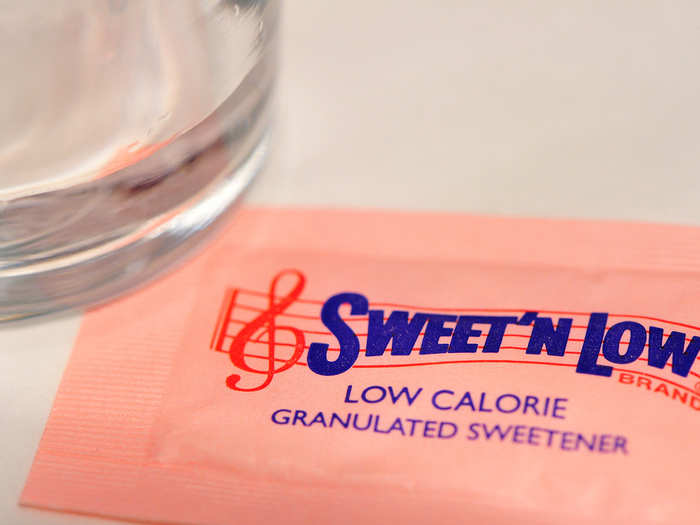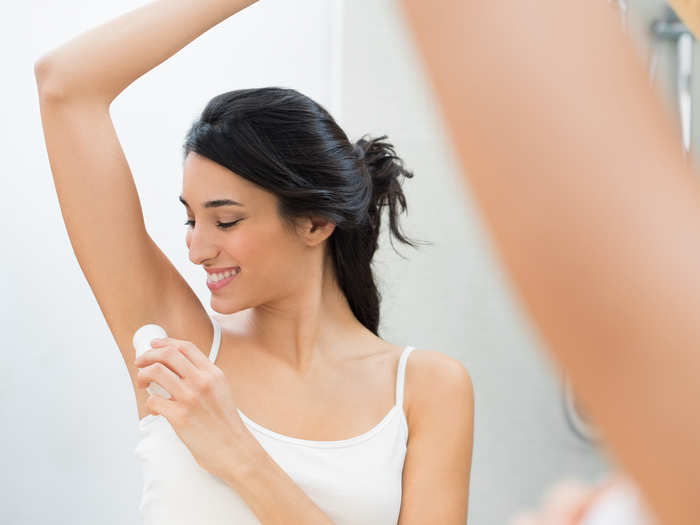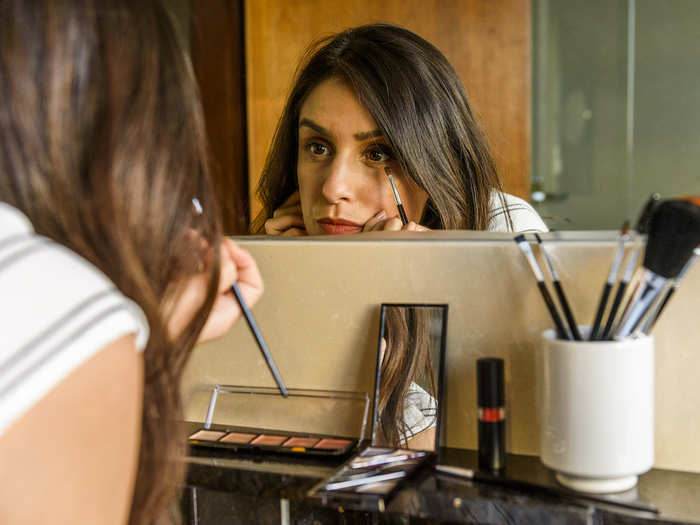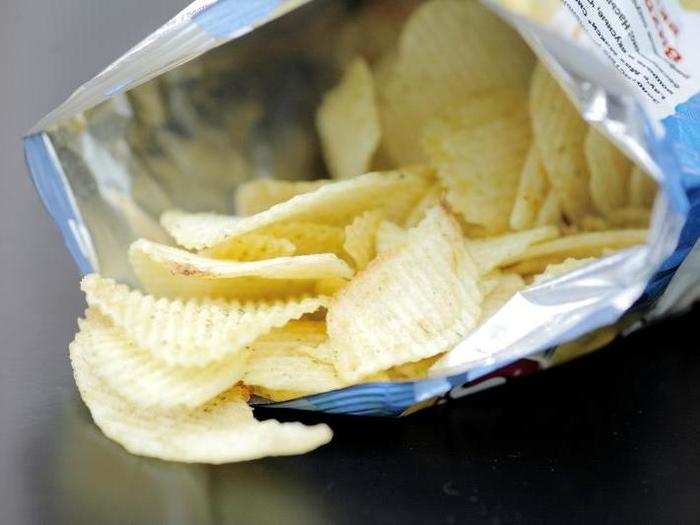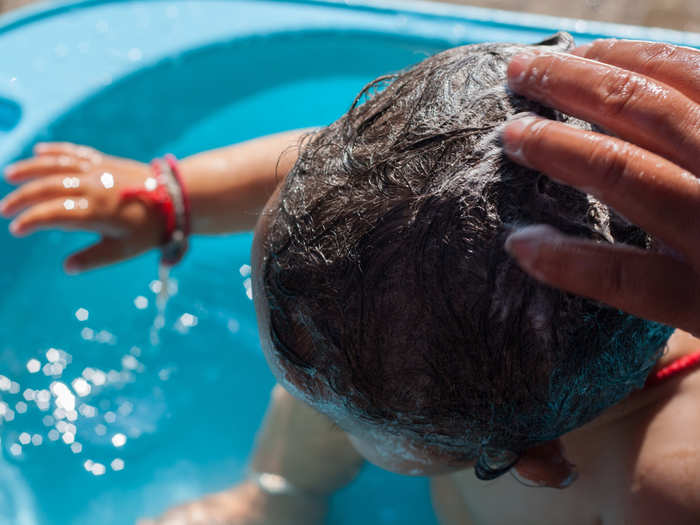Saccharin was once rumored to lead to cancer, but there's little cause for concern.
Another rat study prompted a similar association between saccharin, a zero-calorie sweetener sold under the brand name Sweet'N Low, and cancer. In the 1980s, products with saccharin were required to carry a warning label saying that the sweetener was "determined to cause cancer in laboratory animals."
The study was later debunked after scientists discovered that the rats were prone to bladder cancer to begin with. Dozens of other studies have also found no association between saccharin and cancer. In 2016, the National Toxicology Program removed saccharin from its list of cancer-causing ingredients.
Aluminum in your deodorant isn't going to give you breast cancer.
Parabens can actually prevent harmful bacteria from forming in your make-up.
No, MSG won't give you headaches.
In 1968, a biomedical researcher claimed to experience numbness and heart palpitations after eating at Chinese restaurants. The cause of his symptoms, he said, was a food additive called MSG, or monosodium glutamate, which is also found in processed meats, chips, and canned vegetables.
In the 1990s, the FDA commissioned a review of the additive and found that MSG was safe to consume. The review also found that people who experienced headache, numbness, or drowsiness were likely to have eaten large amounts of MSG on an empty stomach.
But the stigma surrounding MSG has carried on: Around 42% of Americans still try to avoid consuming the ingredient.
Sulfates in shampoo are fine, if you're not already sensitive.

